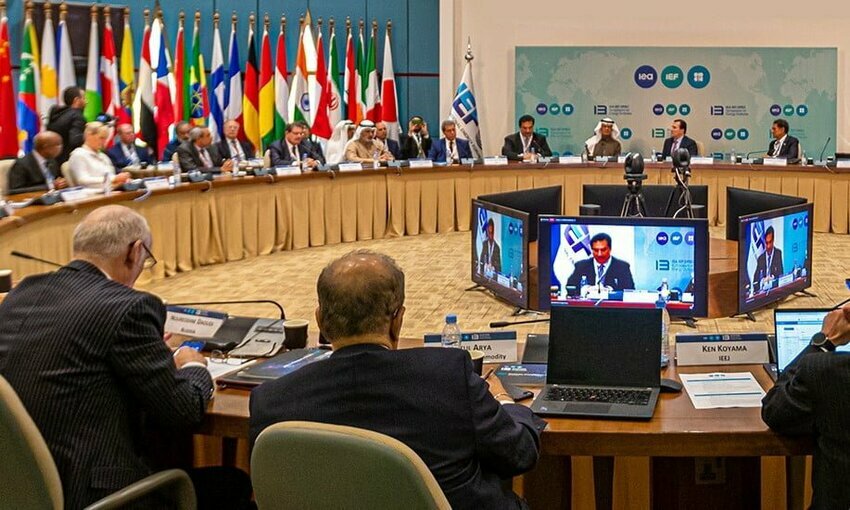 (Credit: IEF)
(Credit: IEF)A report from the International Energy Forum and S&P Global Commodity Insights claims that advanced economies need to increase engagement with developing countries to make significant progress in reducing emissions from the energy sector.
The report, Shaping a Living Roadmap for Energy Transition, explains the dangers of a North-South divide and reveals the need for more multidimensional approaches to the clean energy transition. It was created from a series of dialogues with 350 participants from industry, government, and civil society, who shared their respective findings from the recent energy crisis. The growing consensus landed on the insufficiency of a linear transition that implements one single, international net-zero path.
"Focusing on a singular pathway to achieving net zero emissions by 2050 could undermine achievement of other sustainable development objectives, constrain financing for critical energy projects and put at risk the necessary public support for climate policies," said the report.
The report notes significant policy improvements, including billions of dollars of new, emissions-cutting funding and incentives, research in decarbonization technologies, and electric vehicle market expansion. However, this progress was notably uneven and confined to developed nations such as the U.S., Europe, Japan, and China.
As demand for energy in developing countries grows, many of them need access to hydrocarbons to raise their standard of living before concerns of emissions trajectories may be addressed. Developing countries, while least responsible for climate change-causing emissions, are at the highest risk in terms of rising temperatures and natural disasters from said emissions. According to the Center for Global Development, already developed countries are responsible for 79% of historical carbon emissions.
This is not the first time global leaders have called for support of developing countries in the energy transition. The UN recently reported a $4 trillion gap in sustainable investment for developing countries. The G7’s Clean Energy Action Plan also emphasized the need to step up financing for low and middle-income countries in order to “reduce poverty and advance shared prosperity.”
"The path to net zero will have to travel via the global South and therefore it is in everyone’s interest to collaborate and cooperate for the shared goals to achieve net-zero," said the report.